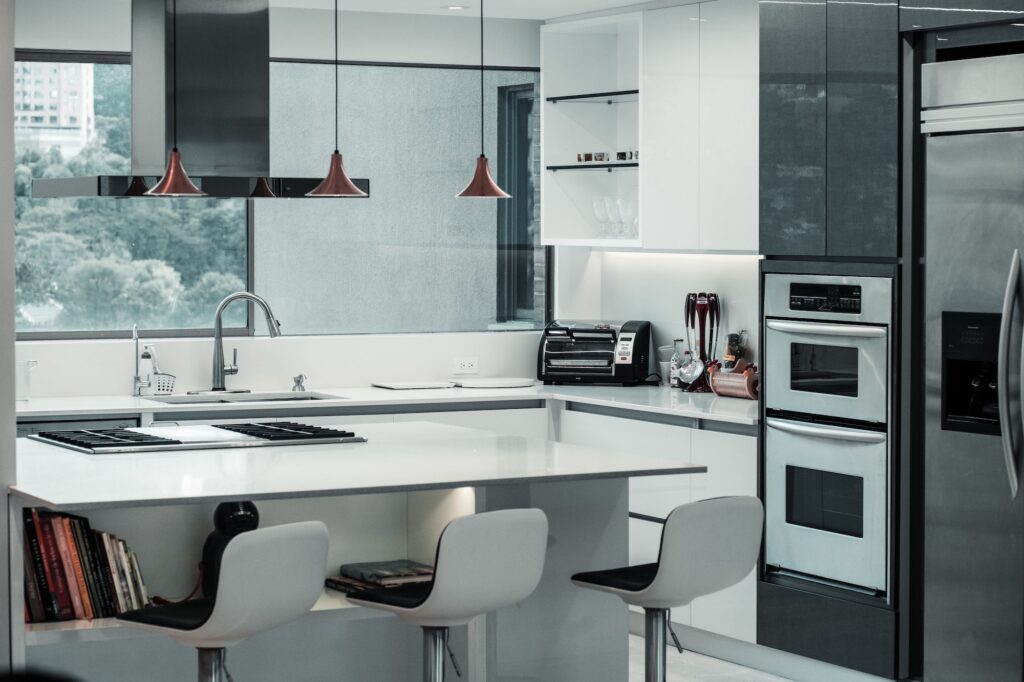5 Top Reasons Why High Humidity Should Be Avoided Indoors
Indoor moisture is normal. It’s produced when we bathe, wash, cook, and breathe. Excessive humidity, however, is not normal, and it occurs for several reasons. High indoor humidity is more likely during the rainy season, when houses aren’t properly ventilated, and when moisture gets in through walls, crawl spaces, and basements. How risky is it to deal with excessive indoor humidity? We’re not sure, but we know it’s not healthy. In this guide, we’ll list a few reasons to get to the bottom of moisture problems.
5 Top Reasons Why High Humidity Should Be Avoided Indoors
Putting Your Family’s Health At Risk
Humidity is a reliable indicator of air quality, which has a direct effect on a family’s health. When an indoor environment becomes too moist, sweat can’t evaporate as fast as it typically does, and the body’s thermoregulation mechanism doesn’t work as intended. Furthermore, a humid home is a breeding ground for microorganisms that cause asthma, allergies, and other respiratory conditions. Even a healthy person may experience breathing troubles, poor concentration, and occasional faintness in a humid home. Visit the experts at www.BlairsAir.com to learn how we can help your entire family breathe easier.
Moisture Encourages the Growth of Mold
As most homeowners already know, mold grows in moist environments. If your home is excessively humid, mold is much more likely to crop up, especially in areas like ceilings and corners, where moisture tends to accumulate. Eliminate this health and air quality issue by scheduling an indoor air quality assessment today.
Humidity Creates a Welcoming Environment for Insects
Like mold spores, bugs like humid and warm environments with temperatures of 75 to 80 degrees Fahrenheit and 70 to 80% humidity levels. This means a higher level of moisture in the home increases the risk of pest infestation. Numerous studies show that bugs can’t survive at humidity levels below 50%, so maintaining proper indoor humidity is a crucial step in keeping the home free of insects.
Wetness Damages Electronics
Moisture isn’t just bad for your health, it can also cause serious damage to your appliances. Excessive moisture is a primary cause of electronic failure. It corrodes contacts, reduces insulation resistance, and leads to short circuits. Condensation is particularly dangerous, so it’s best to protect your devices from the temperature fluctuations that cause it.
Humidity Causes Wood Decay and Deformation
Wood is a common decorative and construction material, and when there’s too much moisture in the home, wood furniture and floors are at risk. Moisture causes wooden surfaces to deform and swell, and prolonged exposure to wetness leads to decay that’s caused by dangerous fungi.
The Benefits of Indoor Air Quality Management and Testing
Along with increased peace of mind and the elimination of health risks, having your indoor air quality tested can bring other benefits, such as:
· An odor-free, comfortable environment
· Lower energy costs through HVAC system optimization
· More comfortable indoor settings with proper humidity levels
· Improved focus
· Increased productivity
Call or click today to find out how our HVAC experts can help keep your home’s humidity levels where they should be.
Call Us to Keep Indoor Humidity Levels Under Control
Keeping your home dry and maintaining a reasonable humidity level will help you minimize this property damage and health risks. If you think excess moisture is causing problems in your home, call us to request more information on our indoor air quality testing services.










